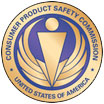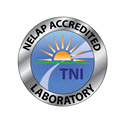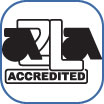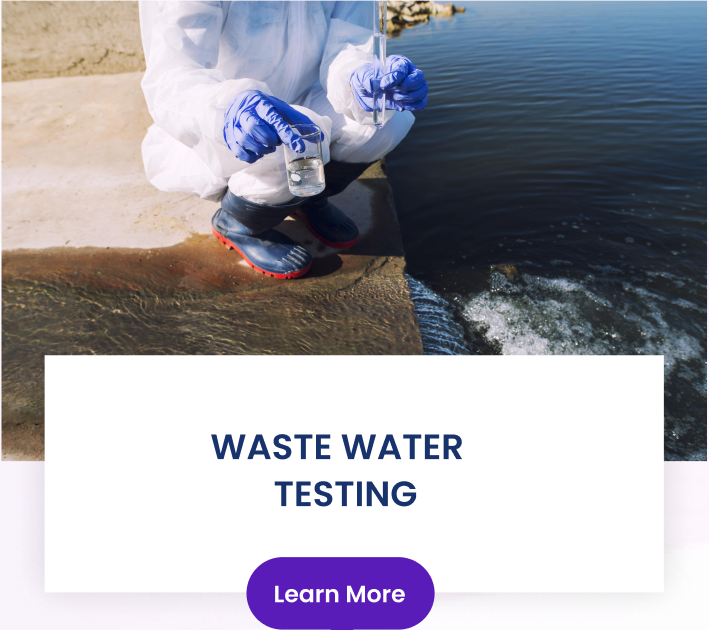ABOUT WATER SERVICES
Water Testing In Milford, NH, By ChemServe
Water quality is more important than ever. Considering that water contamination is a major 21st-century problem, Various pollutants, including bacteria, toxic chemicals, and metals, often contaminate water bodies such as groundwater, wells, and municipal waters. ChemServe offers inexpensive and accessible water testing solutions. We aim to detect these causes of water contamination so that steps can be taken to address the contamination.
With an experience of over 30 years in the field, we provide on-site sampling services and a full-equipped laboratory to measure water quality. Our water testing services follow the Environmental Protection Agency (EPA) guidelines for the highest possible quality of service.
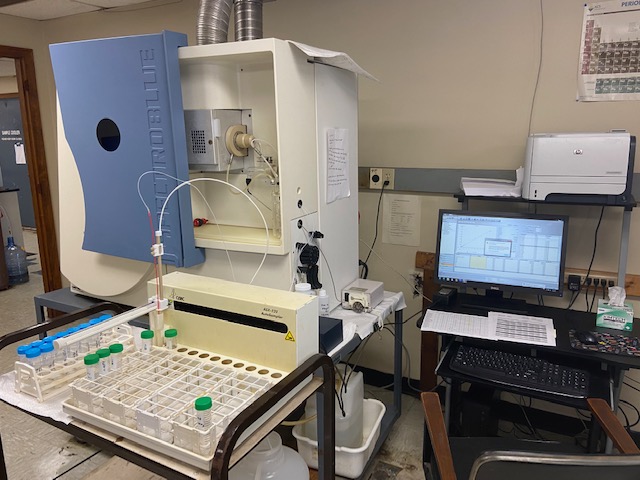
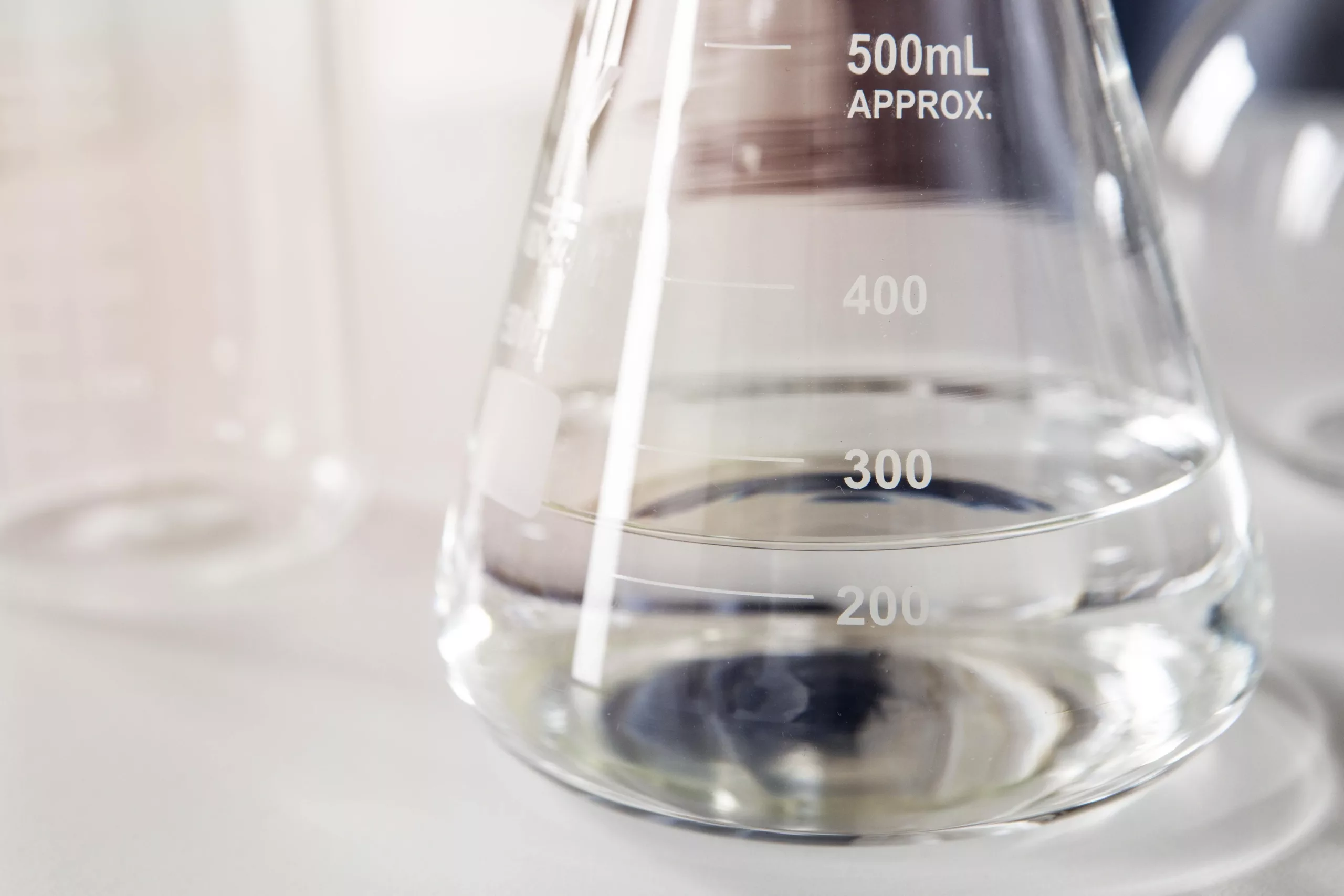
Drinking Water Testing for Metals
Most metals are present in drinking water at safe levels. However, the EPA and FDA (Food and Drug Administration) state that certain metals are toxic to humans above certain levels. These potentially harmful metals to humans include lead, arsenic, calcium, iron, mercury, uranium, and magnesium, to name a few. ChemServe tests for these metals and minerals, hardness, pH, and turbidity to provide an overall picture of water quality. Our expert technicians use advanced testing machinery to follow EPA-approved metal testing methods in a controlled laboratory environment.
Our services for water testing in Milford, NH, provide qualitative and quantitative results for metal levels and offers guidance and support to maintain the water quality.
 Full Service Laboratory
Full Service Laboratory
At our Westminster water treatment center, we make water testing easy. All you have to do is bring your water sample to our water treatment center, and our certified lab technicians will test your water for contaminants like harmful bacteria or chemicals.
 Full Service Laboratory
Full Service Laboratory
At our Westminster water treatment center, we make water testing easy. All you have to do is bring your water sample to our water treatment center, and our certified lab technicians will test your water for contaminants like harmful bacteria or chemicals.
 Full Service Laboratory
Full Service Laboratory
At our Westminster water treatment center, we make water testing easy. All you have to do is bring your water sample to our water treatment center, and our certified lab technicians will test your water for contaminants like harmful bacteria or chemicals.
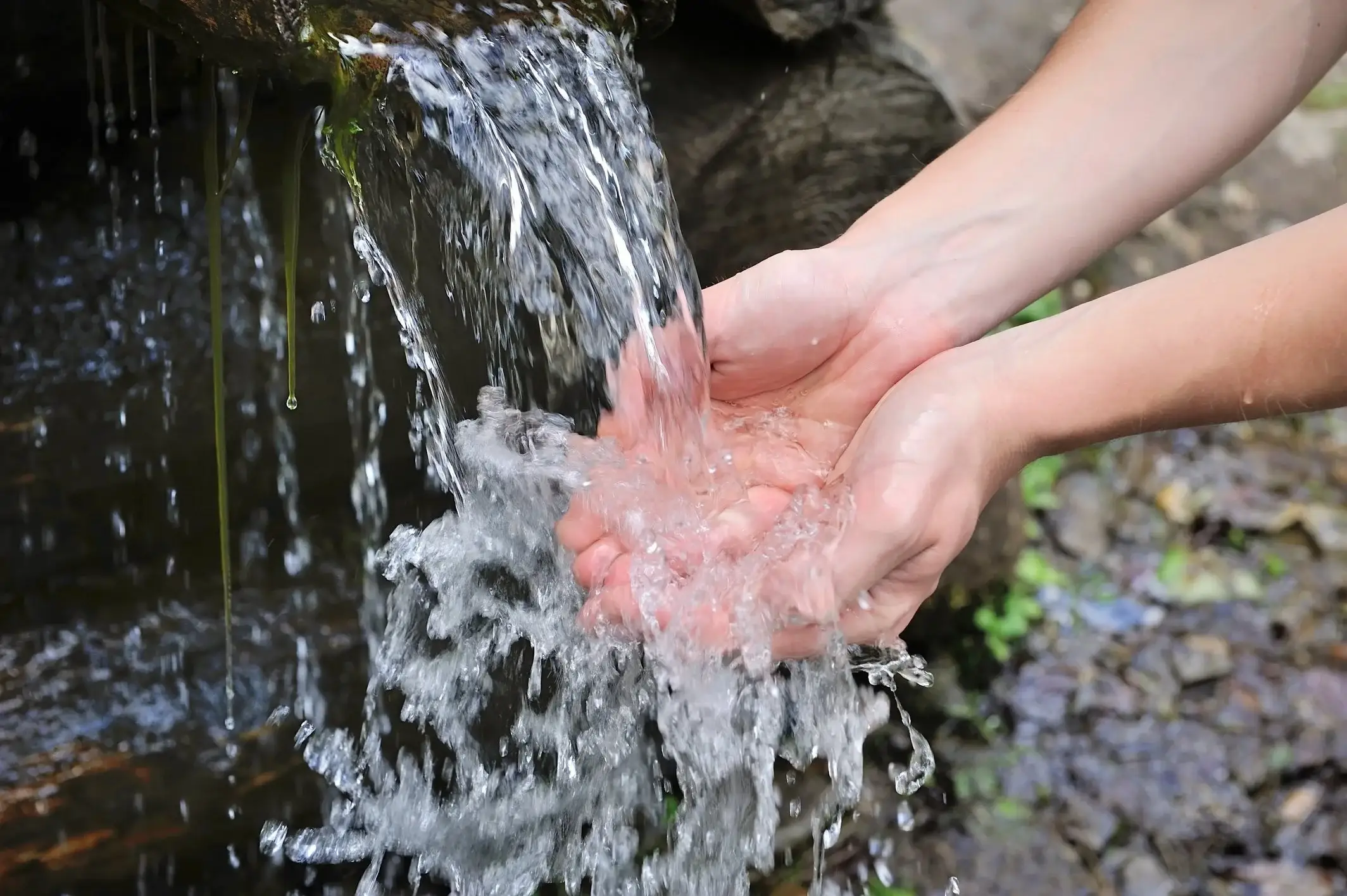
ABOUT WATER SERVICES
Drinking Water Test for Coliform
Total coliform bacteria are present in the gut of warm-blooded animals and enter water bodies through their feces. This type of bacteria is a common cause of drinking water contamination. However, most of the total Coliform bacteria don’t cause disease. A subset of coliform bacteria is E. coli. This bacteria is a serious health hazard for humans. Chemserve offers both total coliform bacteria testing and E. coli testing. Drinking water can also be contaminated with Enterococci bacteria. ChemServe tests water for Total Coliform and E.Coli using SM 9230B, 9223B, and 9215E testing and for Enterococci at competitive prices. Regular quantitative analysis to check for the presence/ absence of the bacteria and more quantitative testing prevent the spread of waterborne illnesses and ensures the community’s health.

Why Do You Need Water Testing Milford, NH ?
Contaminated water can cause serious health issues. Gastrointestinal, reproductive, and neurological illnesses are common. Infants, children, pregnant women, elderly and immuno-compromised individuals are more likely to contract diseases from water contamination. Water testing helps to control the spread of bacteria and toxic contaminants and prevent illnesses.
ChemServe Lab’s Water Testing Services in Milford, NH.
ChemServe offers water testing services in Milford, NH, at affordable prices. Our extensive water testing services include on-site sampling and provide tests for metals, minerals, bacteria, radon, and other water contaminants. We take pride in declaring that all our practices are conducted per the EPA guidelines, and we provide accurate results for qualitative and quantitative water tests in Milford, NH.
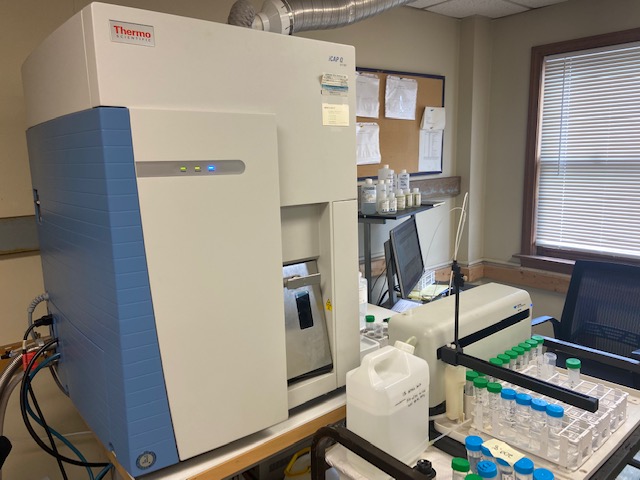
Municipal Water Testing
The center for Disease Control and Prevention (CDC) emphasizes maintaining municipal water quality to eliminate the risk of waterborne diseases. A major public concern is that water reaching homes and industries is free of all pollutants. ChemServe understands the healthcare concerns are offers services for monitoring and sampling from water bodies, including municipal water.
Our services for municipal water testing include the following:
- bacteria, such E. coli, total and fecal coliform, and enterococci
- water quality parameters such as BOD, COD, pH, cyanide, nutrients
- organic contaminants, including volatile and semi-volatile compounds, alcohols, and PCBs
- inorganic contaminants such as arsenic, lead, cadmium and other heavy metals
- anions such as fluoride, nitrate, chloride, perchlorate
Click here to explore the complete range of tests and EPA methods.
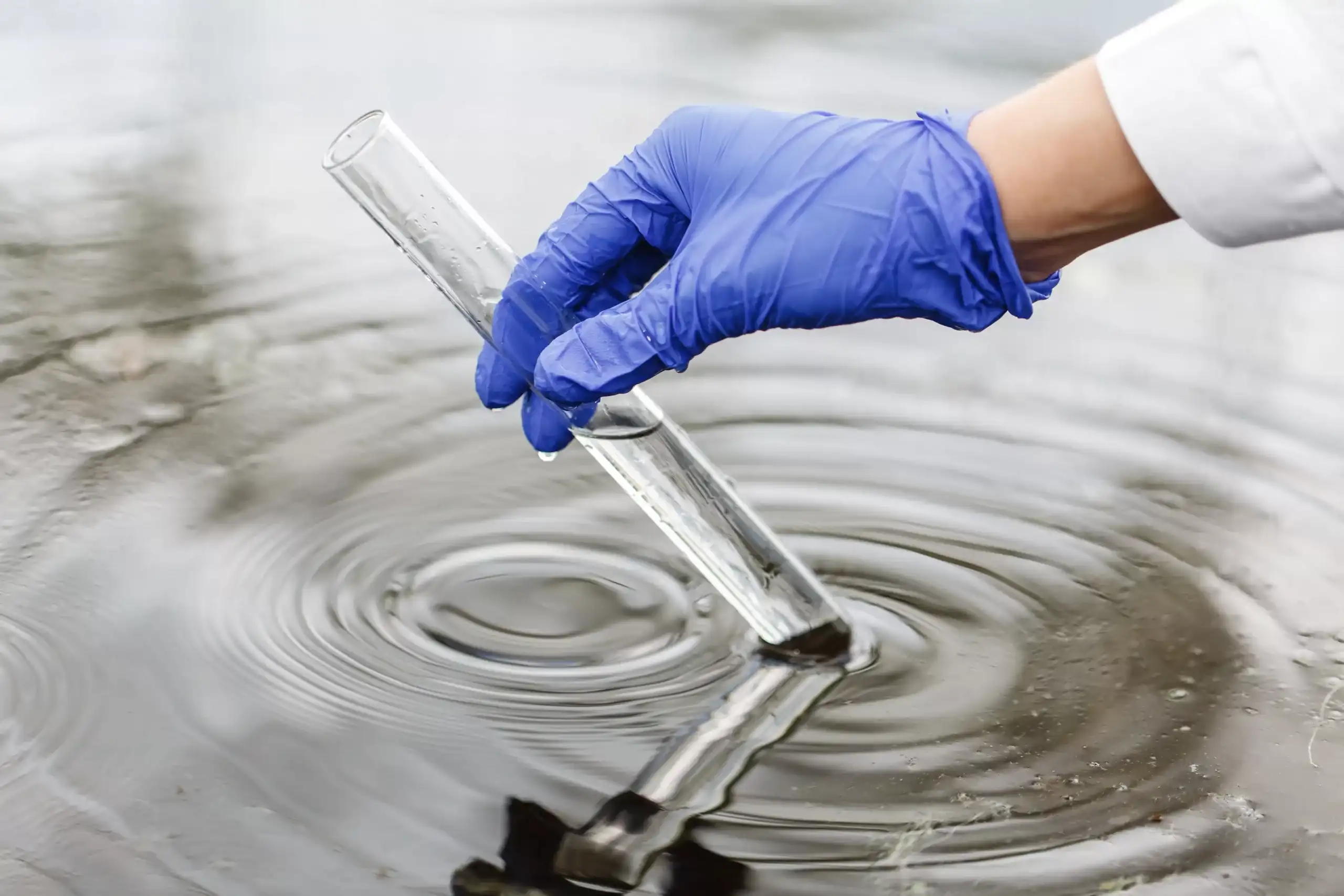
PFAS Contamination Of Groundwater
PFAS are the most common man-made pollutants now present in the groundwater. They rarely break down into their constituents, polluting the environment and finding their way to enter the human body through drinking contaminated water. Studies indicate that they alter thyroid and immune functions and cause sugar and lipid irregularities, liver diseases, renal diseases, reproductive system diseases, stunted fetal development, and neurological problems.
ChemServe conducts environmental testing for PFOS, PFAS, and other PFAS compounds. We accept water samples for an 18-compound PFAS analysis, including PFOA and PFOS tests. Drop into our Milford facility to pick up containers and instructions.
Detailed information about PFAS contamination of well water in NH, including maps, a PFAS factsheet, and other useful data, can be found here at the NH PFAS Investigation website.
New Limits For Arsenic In Drinking Water
Arsenic from drinking water has a detrimental effect on health. From causing cognitive developmental delays to diabetes, cardiac diseases, skin lesions, and cancers, it is also a leading cause of death in young adults. WHO also pays attention to maintaining water arsenic levels to ensure health safety.
Arsenic enters the water from natural rock formations. It occurs naturally in many parts of New Hampshire, increasing exposure levels for residents through drinking water. From July 2021, the new limit for arsenic in drinking water is 5 parts per million, half of the prior maximum limit. The decision was made due to increased health concerns due to arsenic in drinking water.
46% of all NH residents drink from private wells. According to Dartmouth Superfund Research program research, two-thirds of all private wells in NH have over 1 ppb of arsenic, and about 30% have arsenic above the new NHDES limit of 5 ppb. ChemServe’s sophisticated water testing equipment can detect arsenic levels as low as 1 ppb, making it possible to detect accurate arsenic levels.
1. Number and Type Of Pollutants
Chemserve offers different well water testing packages depending on the number of pollutants and cost, starting with a basic package to one encompassing all likely environmental contaminants.
2. Number of Tests
Total well water testing cost depends on the number of required tests. Most homeowners have one well, although larger properties can have multiple wells. Talk to us about how we can help you save money when a significant amount of testing is required. ChemServe offers well water test packages to provide comprehensive water testing solutions at budgeted prices.
3. Reporting Time
Due to the sometimes complex nature of environmental testing, our standard turn-around-time is ten business days. However, for urgent jobs, we may be able to get results back to you sooner, although this would attract a rush surcharge. So call or come in and see us at our Milford facility to discuss your testing needs.

We Are Certified
ChemServe Water Testing Services.
Why Do People Trust And Recommend Us?

Advanced Laboratory
100% compliance with a regulatory body, the latest equipment, and trained staff for the water testing facility.

Comprehensive Testing Solutions
From most common to rarest, we offer testing solutions for microorganisms, metals, chemicals, pesticides, and many other pollutants.

Affordable Prices
ChemServe offers high-quality services for water testing in Milford, NH, at the most market-competitive prices.

100% Customer Satisfaction Guaranteed.
Our expertise and quality testing services ensure our customer’s expectations are exceeded.
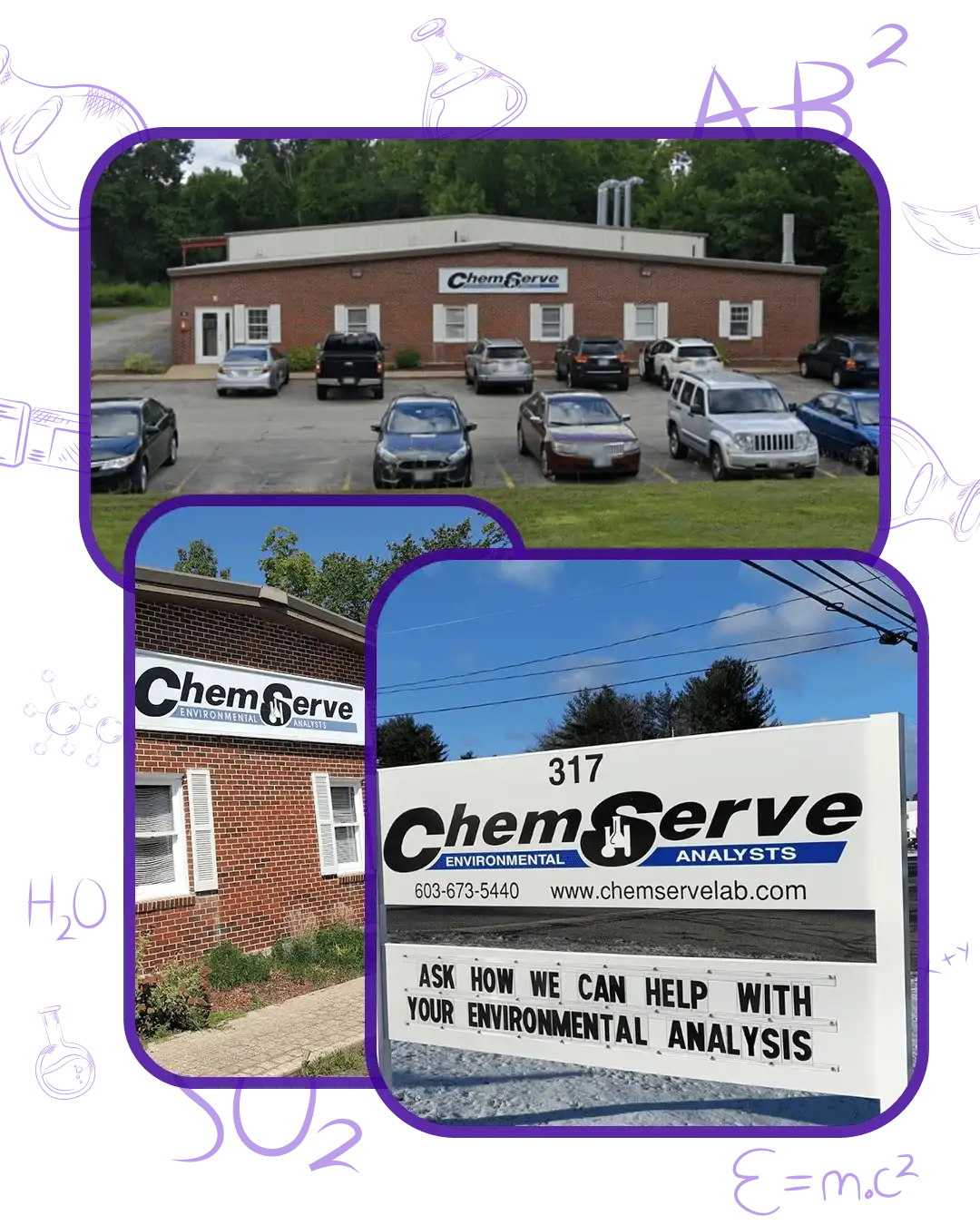
Established on a Foundation of Trust
In the early 1970s, ChemServe Environmental Analysts was founded as a local laboratory specializing in drinking water analysis, coinciding with the establishment of the EPA. In 1986 the laboratory shifted its focus towards catering to commercial, industrial, and municipal clients. The laboratory experienced significant growth throughout the late 1980s and early 1990s, leading to its transformation into a comprehensive environmental testing company that provides a wide range of testing services.
OUR CUSTOMERS REVIEWS
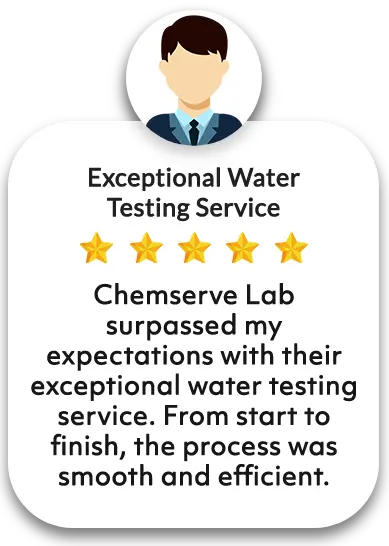
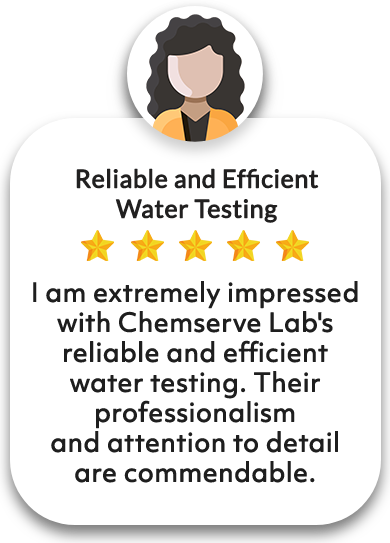
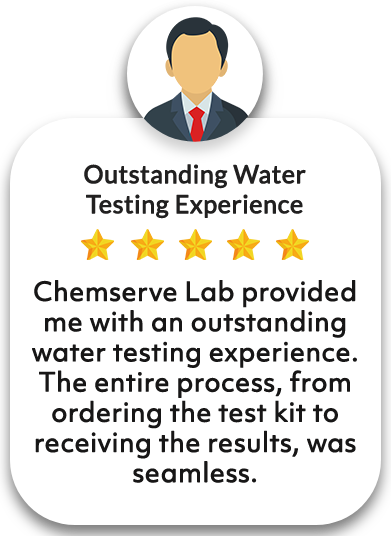
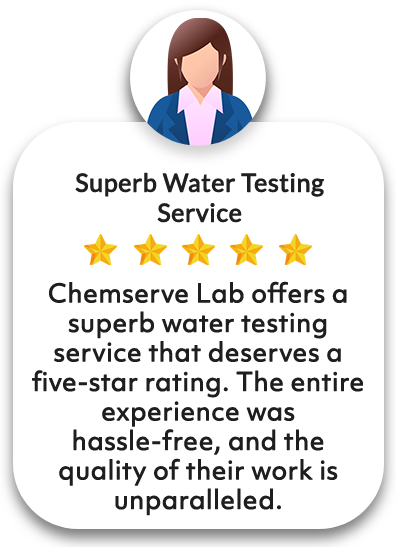
(FAQ)
Frequently Asked Questions
The recommended frequency for drinking water testing is once a year.
Yes, you can test drinking water at home using water testing kits, but these do not have the accuracy or sensitivity of a commercial environmental testing laboratory. Often, sophisticated instrumentation is required to detect down to parts-per-million, or -billion for contamination that has adverse health effects at these levels.
Laboratories usually share results within 7 to 10 working days.
Consult your local or State health authorities for advice. You may need to arrange an alternative water source until you remove or reduce the contamination.
Depending on the specific pollutant, contaminated water poses many health risks, from decreased cognitive development, heart and renal diseases, liver diseases, GI diseases, reproductive system diseases, cancer, skin lesions, and death. So please don’t take risks with your health.
Yes, EPA and FDA issue regulations and standards for drinking water quality. You can find information on drinking water standards at the EPA and FDA websites.
Yes. ChemServe offers extensive water testing services, including result interpretation.





